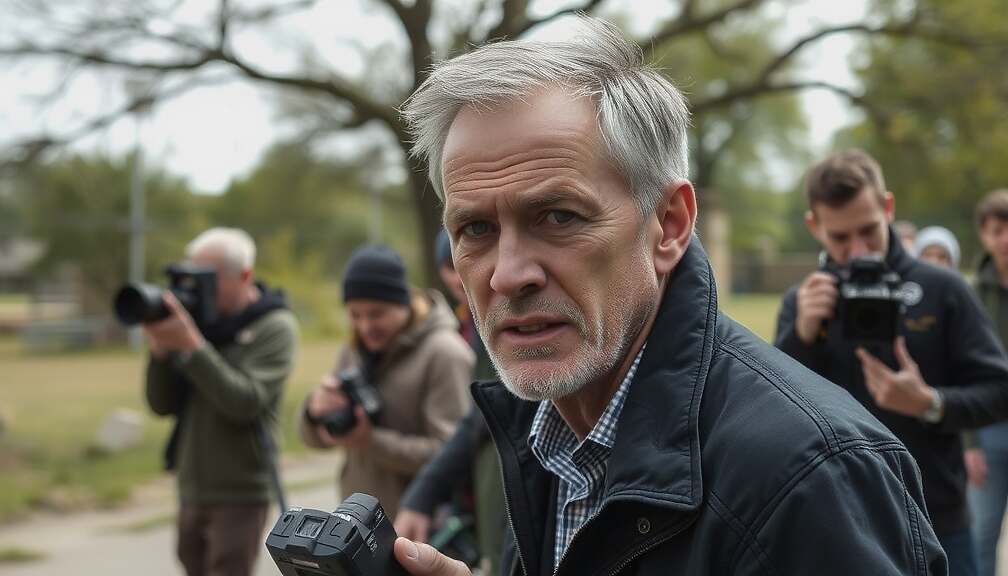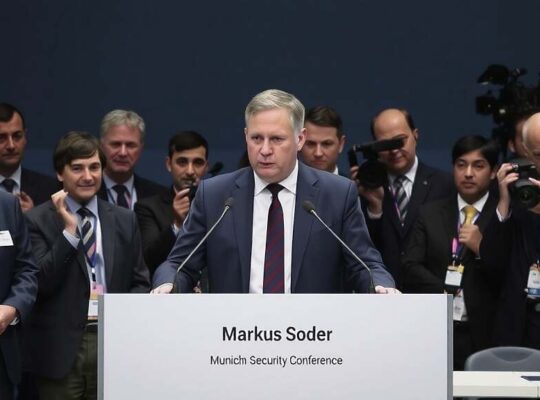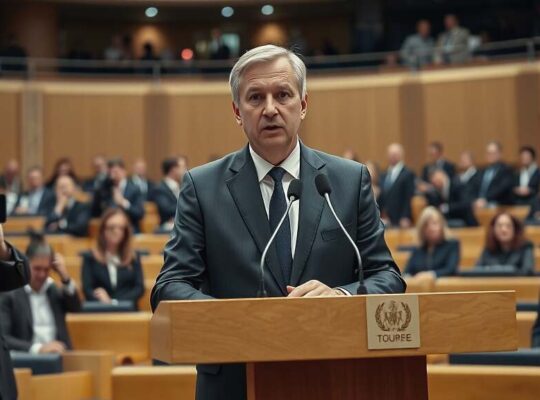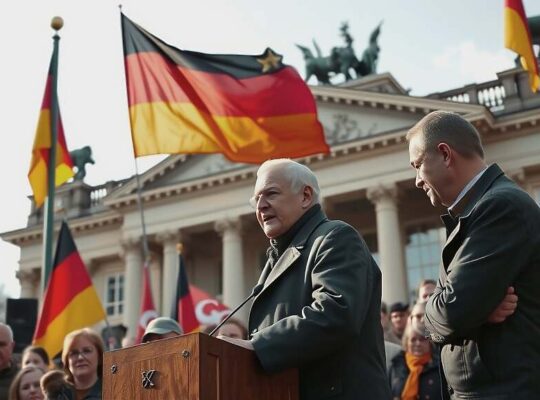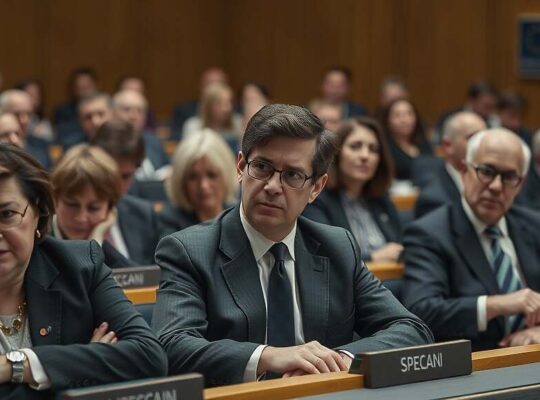Markus Söder, the Minister-President of Bavaria, has publicly criticized the North German Broadcasting Corporation (NDR) regarding the recent departure of presenter Julia Ruhs from the program “Klar”. Söder voiced his concerns in an interview with the German weekly newspaper “Zeit” stating that Ruhs’s removal has damaged both the public broadcaster as a whole and the NDR specifically.
While the Bavarian Broadcasting Corporation (BR) and NDR intend to continue the program, originally considered to lean conservative, Ruhs will now host follow-up programs for BR. Tanit Koch, who previously held positions including leading the CDU’s election campaign communication and serving as a former editor-in-chief at the “Bild” newspaper, is slated to take over the NDR’s “Klar” program.
Söder argued that the recent events reinforce perceptions of bias within public broadcasting, alleging that the manner in which Ruhs was dismissed suggests a pre-determined ideological filter in personnel decisions. He suggested this may exacerbate the feeling among some that public broadcasters demonstrate a left-leaning, particularly “green” agenda.
Addressing a recent proposal by CDU General Secretary Carsten Linnemann to freeze broadcasting fees to incentivize reform within the sector, Söder opposed the idea. He maintained that the fees should not be used as a method of penalizing or rewarding specific content. Instead, he believes the fee structure should be determined by whether public broadcasters demonstrably justify their expenditure or need to reduce costs.
Söder also expressed dissatisfaction with the selection of Tanit Koch as Ruhs’ replacement. He characterized the move as a superficial attempt to address public criticism, pointing to Koch’s prior employment at “Bild” as a perceived attempt to cover up the initial situation. He warned that such actions inevitably fuel distrust and confirmation bias among those critical of democratic institutions and contribute to the impression that public broadcasting appointments are politically motivated.


